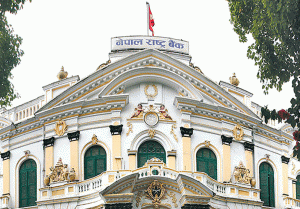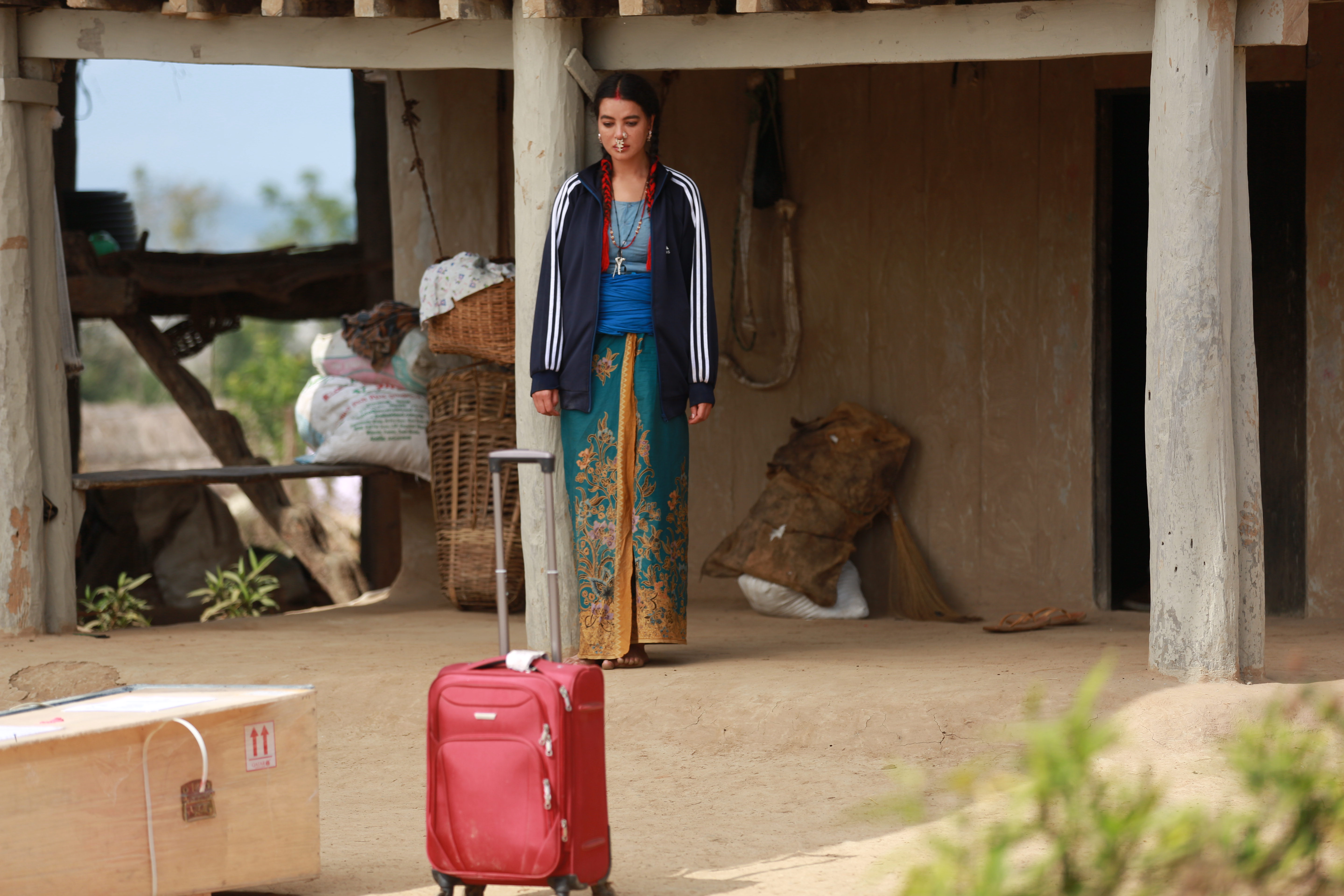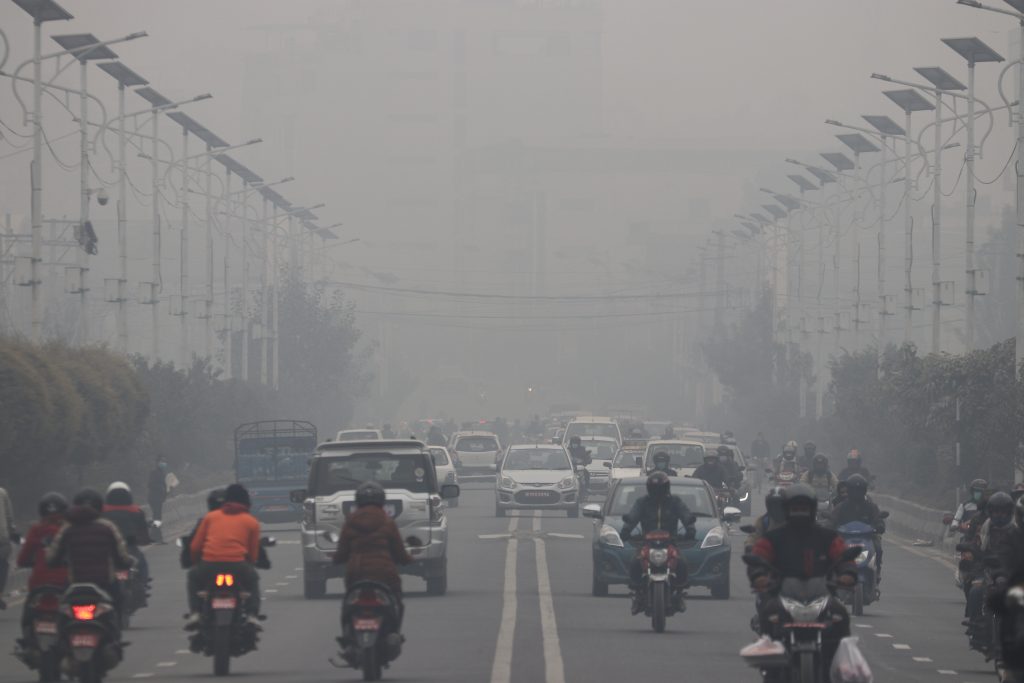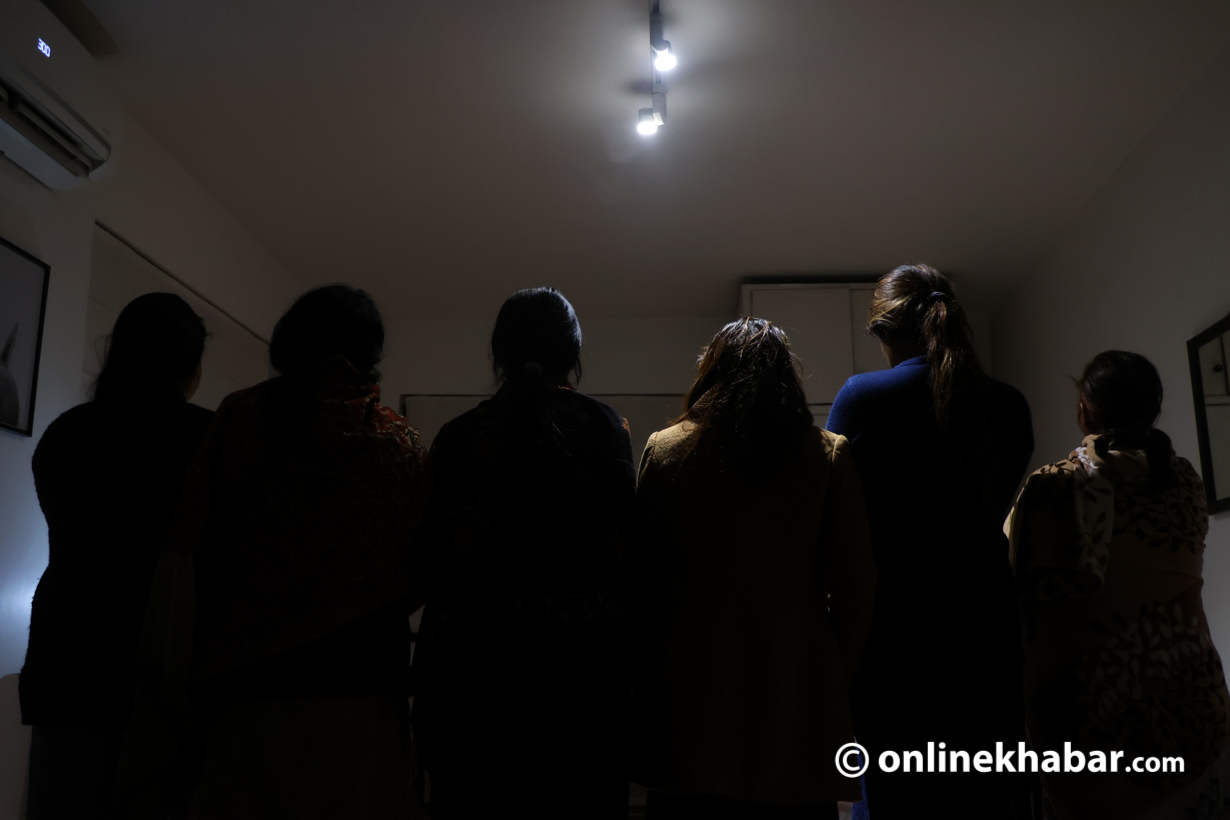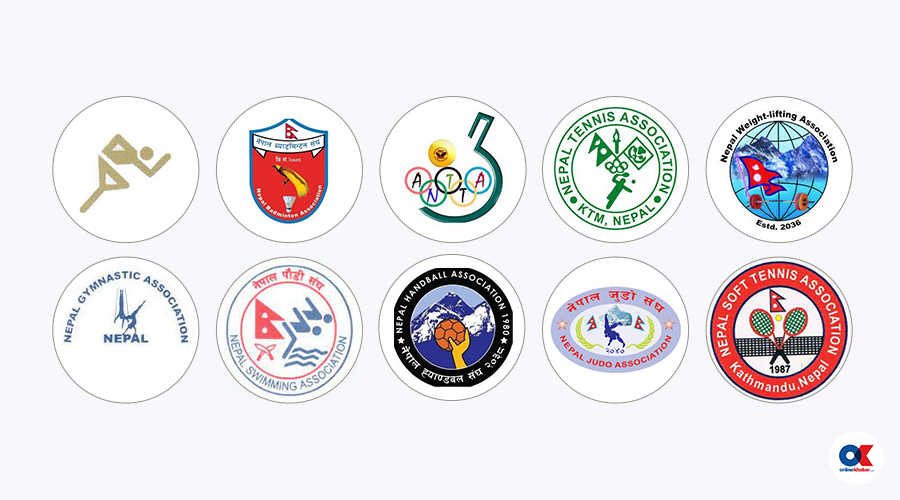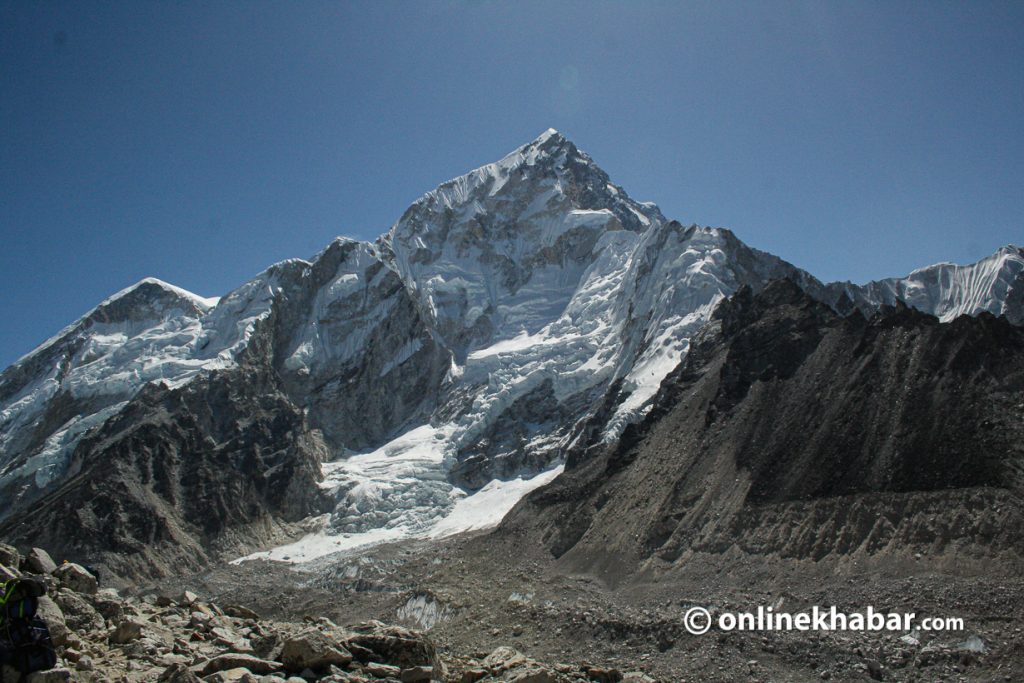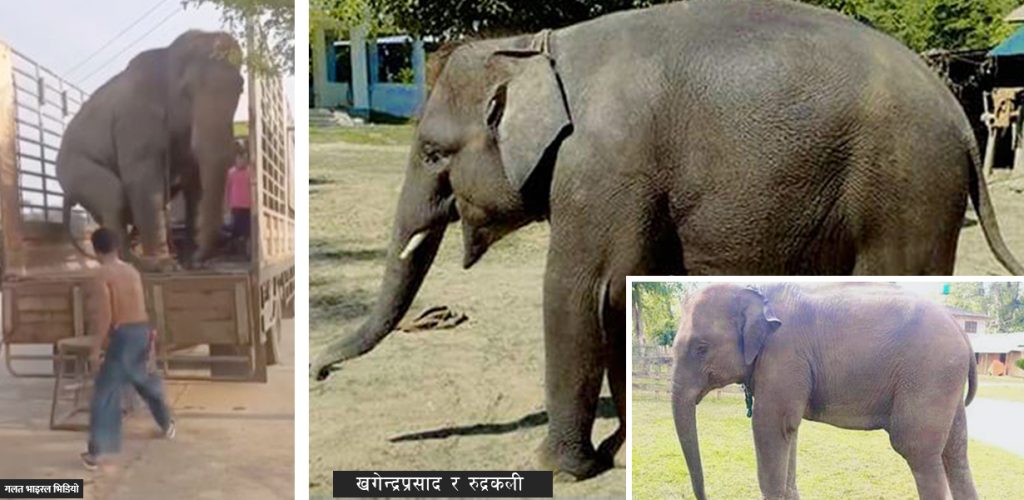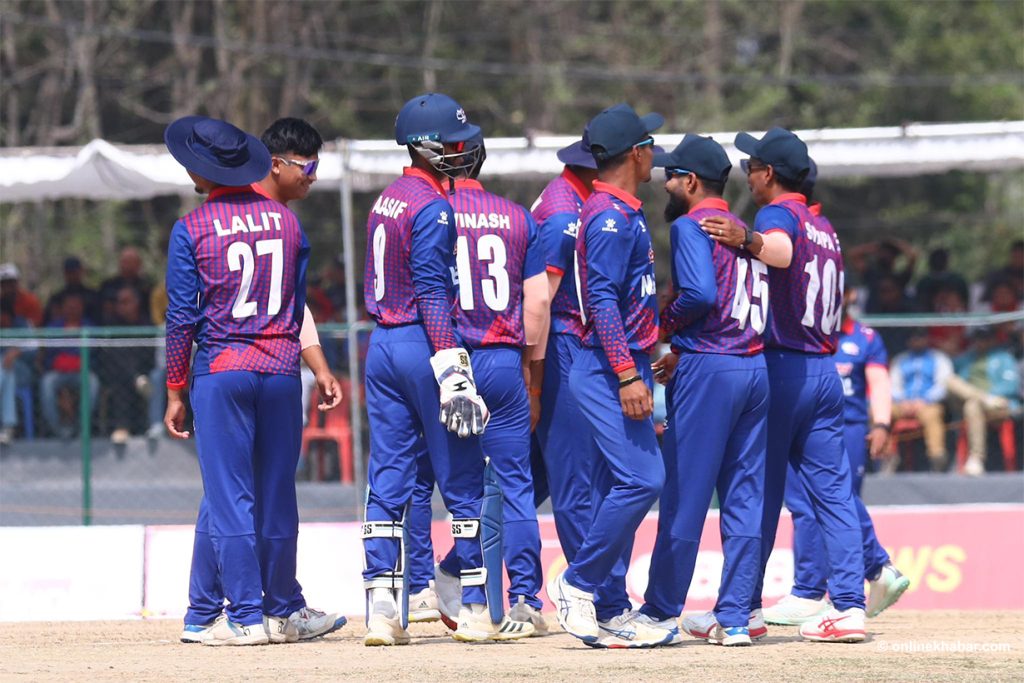Op-ed editors of broadsheet dailies published in Kathmandu on Sunday have chosen a wide range of issues, many of which of are either economic or political. Election continues to dominate the op-ed pages with articles on political parties, the electoral system and the soaring costs for a candidate to contest the elections.
‘The country needs BRB more than ever’
 Former Prime Minister Baburam Bhattarai, who abandoned the left alliance just ahead of elections to enter into a deal with the Nepali Congress, has been a controversial figure. But the country, at this critical juncture, needs him more than ever says Kaushal Ghimire in his lead op-ed for Republica. Ghimire argues that the Right feels Bhattarai is culpable for the murder of thousands of people during the insurgency, and the Left considers him as a ‘revisionist’ and and a ‘RAW agent. In the piece titled ‘In defence of BRB’, Ghimire, who calls himself a Marxist, says his defence of Bhattarai is tethered on his ideology and vision, rather than what he achieved while in power.
Former Prime Minister Baburam Bhattarai, who abandoned the left alliance just ahead of elections to enter into a deal with the Nepali Congress, has been a controversial figure. But the country, at this critical juncture, needs him more than ever says Kaushal Ghimire in his lead op-ed for Republica. Ghimire argues that the Right feels Bhattarai is culpable for the murder of thousands of people during the insurgency, and the Left considers him as a ‘revisionist’ and and a ‘RAW agent. In the piece titled ‘In defence of BRB’, Ghimire, who calls himself a Marxist, says his defence of Bhattarai is tethered on his ideology and vision, rather than what he achieved while in power.
Ghimire says that most members of public have criticised Bhattarai for leaving the left camp. He argues that even if the alliance wins a two-third majority it has little interest implementing even the basic tenets of socialism. He alleges that the UML and the CPN-Maoist Centre are powered by the money of private education and medical mafias and they would never take steps towards a just distribution of wealth. But Bhattarai, on the other hand, has always talked about building an egalitarian society. Bhattarai, according to Ghimire, carries the aspirations of the indigenous and the marginalised communities. He argues that Bhattarai’s brand of Marxism started with the French Revolution and was continued in the teachings of Lenin, Luxemburg and Gramsci.
Ghimire argues that Bhattarai knows that capitalism of some sort is needed in Nepal but the interest of the working class needs to be addressed. He suggests that Bhattarai get back to his social and Marxist roots and stop trying to appease the urban middle class that loathes him.
‘Democracy will win in the upcoming elections’

With political parties gearing up for the winner-take-all elections later this month, questions have been raised about the fairness and transparency of the entire process. In this context, Tika Ram Bhattarai, in his lead article for Kantipur, says abuse of power and authority will pose the main challenge for the electoral process. In his article, Bhattarai says that leaders of political parties are trying to send a message to their voters that they are not against a particular community. For example, Madhesh-based parties are going to non-Madheshi voters asking for votes, while leaders of the UML, who had built an anti-Madheshi image, are telling Madeshi voters they are not against the Madhesi agenda.
He argues that because all political parties are participating in the elections, the acceptability of the new constitution has received a big boost and that is why regardless of who wins in the elections, no one loses.
‘Elections manifestos missed out on a lot of important stuff’

Almost all political parties contesting the upcoming elections have made public their manifesto. Most of the manifestos make tall claims and promise the public to deliver big infrastructure projects, but the manifestos lack substance, says Ghanendra Purush Dhakal in his lead article for Nagarik. He says that instead of focusing on many things, most of which are unimportant, the manifestos should have focussed on five key things: land, capital, labour, technology and entrepreneurship.
‘BRI can help create conflict-resilient society’

Renaud Meyer, the UNDP Nepal Country Director, and Laurence Brahm, the founder and Chair of the Himalayan Consensus, in their piece for Republica argue that the Himalayan region has one of the most fragile and vulnerable ecosystems in the world and this creates fertile ground for conflict in the region. That is where China’s BRI can be key to the creation of conflict-resilient societies. They say that the UNDP and the Himalayan Consensus are working on a partnership for crisis and conflict mitigation. The collaboration comes from an understanding that challenges, risks and required solutions to mitigate crisis and conflict require a multi-disciplinary approach that is holistic, community-based and sustainable.







